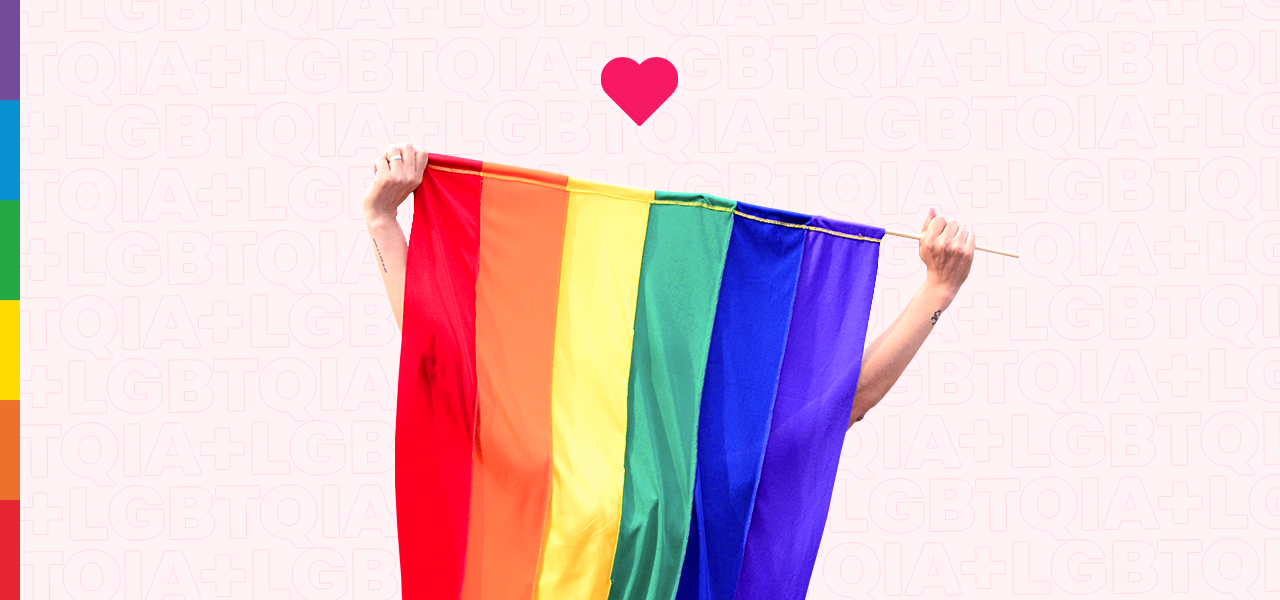
LGBTQIA+ people are often associated with their sexual interest. We often forget the affection that exists within these relationships. Being part of this plural environment is still a challenge in many spaces. Although many challenges have been overcome, the associations and stereotypes regarding our experiences are still mainly negative, with repercussions in the workplace.
In the 1980s, for example, the queer community was the target of several prejudices related to HIV that spread quickly around the world and remain today. Decades later, homosexuals are still struggling to be allowed to donate blood in Brazil.
Nonetheless, data shows that sexually transmitted diseases are not restricted to the gay community; in Brazil, for example, heterosexuals represent 67.5% of HIV infection cases.
Such stereotypes cause sexuality to be reduced to the imaginary of relationships that involve sex and not affection. It is necessary to emphasize that many families are composed of LGBTQIA+ couples whose relationships are based on love and feelings that are beyond eroticism.
Hence, we need to adopt a new way of looking at individuals. Reframing social messages about this group is key to understanding how we were shaped and how the way we read people is conditioned by the environment in which we are.
When we face intersectionality in the workplace, we encourage multiplicity, individualities and subjectivities. We bring relevance to people’s experiences.
This dissociation helps to normalize the presence of people of different sexual orientations in our workplaces. This way, we can create diverse environments that are rich in experiences and trajectories, which bring different points of view when we need to make decisions, thus pushing us towards new heights.
VTEX believes in a plural environment with people who bring learning and creativity to their teams.
If you are one of these people, check out our careers website.

